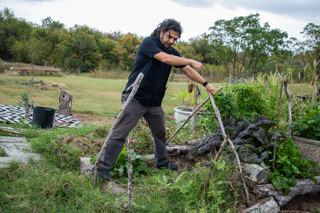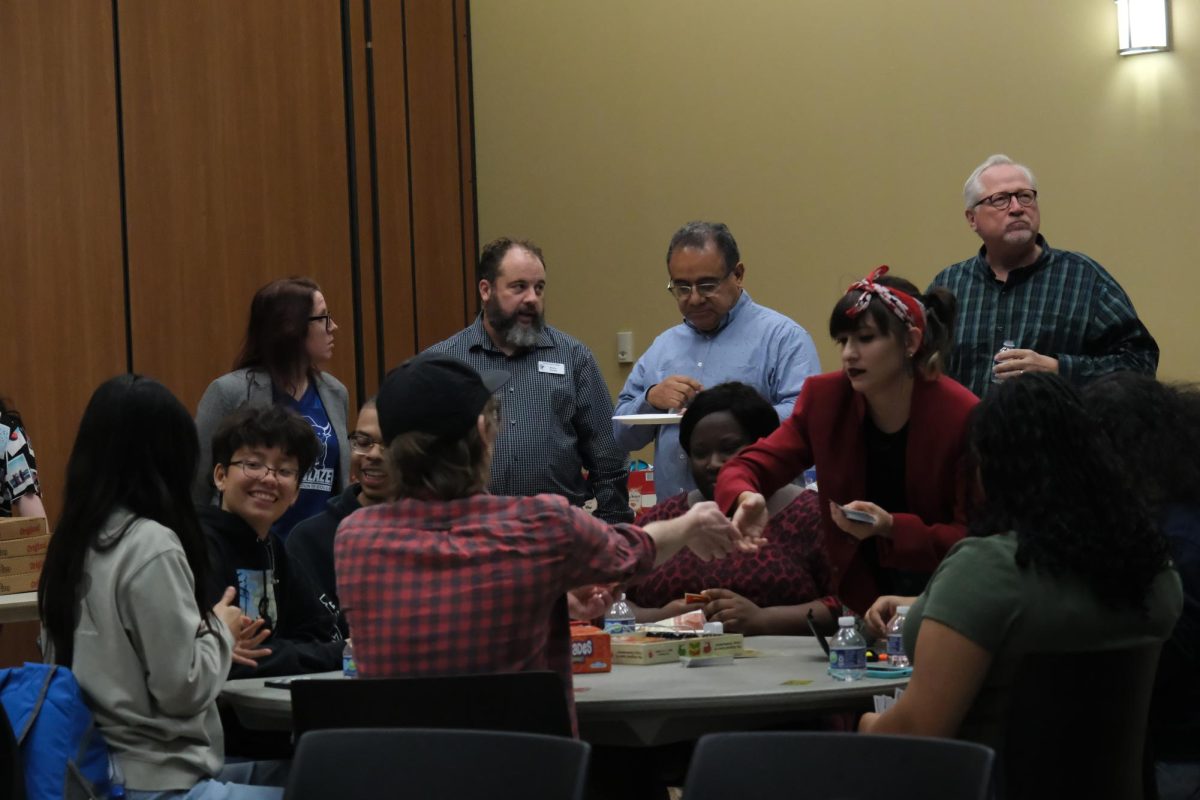NINA BANKS
managing editor
nina.banks@my.tccd.edu
On SE Campus, the DASHH Prevention Squad created several in-person and virtual events during September to inform students about hazing.
TCC’s website defines Drugs, Alcohol, Sex, Harassment and Hazing, abbreviated to DASHH, as a “prevention initiative that promotes healthy behaviors through comprehensive and intentional educational programming.”
According to Hazing Prevention Network, 47% of students who come to college already experienced hazing. SE student Calvin Pham who is also a DASHH Prevention attributed students not talking about hazing to the potential consequences.
“It’s horrifying,” Pham said. “When it comes to hazing, not a lot of people like talking about it because if you say something your friend will talk about it. Because you might lose a friend. You might be reported. So, it’s hard for a person to talk about whether they are being hazed or not.”
SE student Alondra Sanchez is aware of hazing but hasn’t witnessed it firsthand.
“I’ve heard of it,” Sanchez said. “You usually see it in frats and gang-related stuff.”
South student Karla Olivera attends classes at the University of Texas at Arlington and believes hazing is more likely to be found at four-year universities.
“Because the universities are way bigger,” Olivera said. “So, I feel like for community college, a lot of people are trying to [take their classes]. While if it’s very young people in the universities, I feel like they just want to experiment.”
Sanchez also believes community college students would be less inclined to fall subject to hazing than university students.
“If you’re going from community college to universities in general, you’re gonna be more inclined to do your work,” Sanchez said. “You might go around and explore and stuff, but you’re not going to be as inclined to because you realize there is more to lose.”
For students transferring to universities after TCC, Olivera warned students to be careful of whom they associate with.
“You never know who could be your friend and who could not be your friend,” Olivera said. “So, if you transfer and they’re being nice, don’t just do everything because they’re cool or whatever. It ain’t about that in life. Just get your studies and go live your life.”
While the stigma around victims of hazing continues, Pham urged students to lend an ear to their peers. Talk about hazing and percentage
Pham said. “I’s your job to try and talk to them about it and make them feel comfortable around you to talk about whether they are being hazed or not.”

































